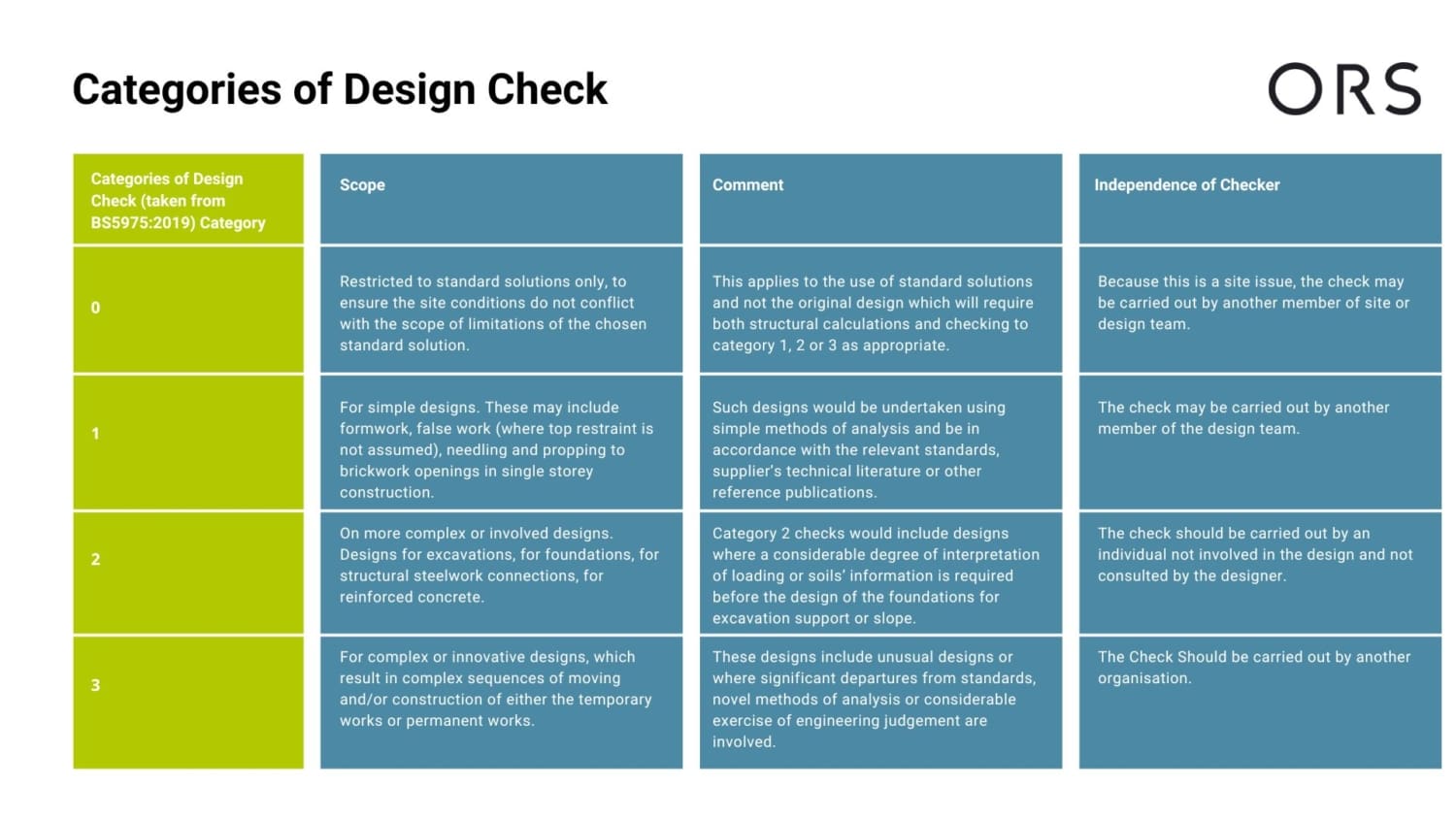Temporary Works

In the dynamic landscape of construction in Ireland, ensuring the safety and stability of structures during the building process is paramount. Temporary works play a pivotal role in achieving this goal. This insight delves into the significance of temporary works in construction projects across Ireland, highlighting key considerations and best practices for a secure and efficient building process.
What Are Temporary Works?
BS 5975: 2008+ A1:2011 defines temporary works as:
“Those parts of the works that allow or enable construction of, protect, support or provide access to the permanent works and which might or might not remain in place at the completion of the works”
Temporary works are the temporary parts of the construction process that are needed before permanent works can start. Temporary works will usually be removed once the project is completed. A common example is the erecting and then removing of scaffolding.
Other forms of temporary works include props, shoring, falsework and formwork, and excavation support. There may be times when the temporary works are incorporated into the permanent works, for example, haul road foundations that may be used for permanent access roads.
Temporary works are often only in place for a short amount of time so there can be a tendency to assume that they aren’t as important as permanent works. This is a mistake; as the same diligence and attention should be given to temporary and permanent works.
A lack of proper planning of temporary works could cause structures to fail or put workers at risk of injury. Accidents and poor planning can also cause project delays; as temporary works are just one aspect of a construction project; a delay will have a knock-on effect which can set entire projects back.
The Project Supervisor for the Design Process (PSDP), with the input of the design team, should identify any expected temporary works requirements during the design stage. The PSCS should then develop a Temporary Works Register using this information, which lists all the identified temporary work items for the project.
For these reasons, it is necessary that a site or a project has a competent person in place that will plan and be responsible for the temporary works. While it is not a legal requirement, it is recommended that a Temporary Works Coordinator (TWC) is appointed, but this may depend on the complexity of the project.
Key Considerations for Temporary Works:
- Design and Planning:
- Temporary works must be meticulously designed by a competent engineer to ensure they can withstand the loads and pressures they will encounter during construction.
- A thorough planning phase is crucial, encompassing risk assessments and method statements for the implementation of temporary works.
- Regulatory Compliance:
- Adherence to Irish construction regulations, particularly the Safety, Health, and Welfare at Work (Construction) Regulations 2013, is important.
- Regular reviews and updates to temporary works designs are essential to ensure continued compliance throughout the construction process.
- Quality Assurance:
- Rigorous quality control measures are necessary to guarantee that temporary works meet the specified standards and requirements.
- Regular inspections and assessments should be conducted by competent professionals to identify and rectify any potential issues.

Reach out to the ORS Health & Safety team today and tap into their expertise to uncover crucial insights and best practices for a safe and efficient building process on your upcoming project.
